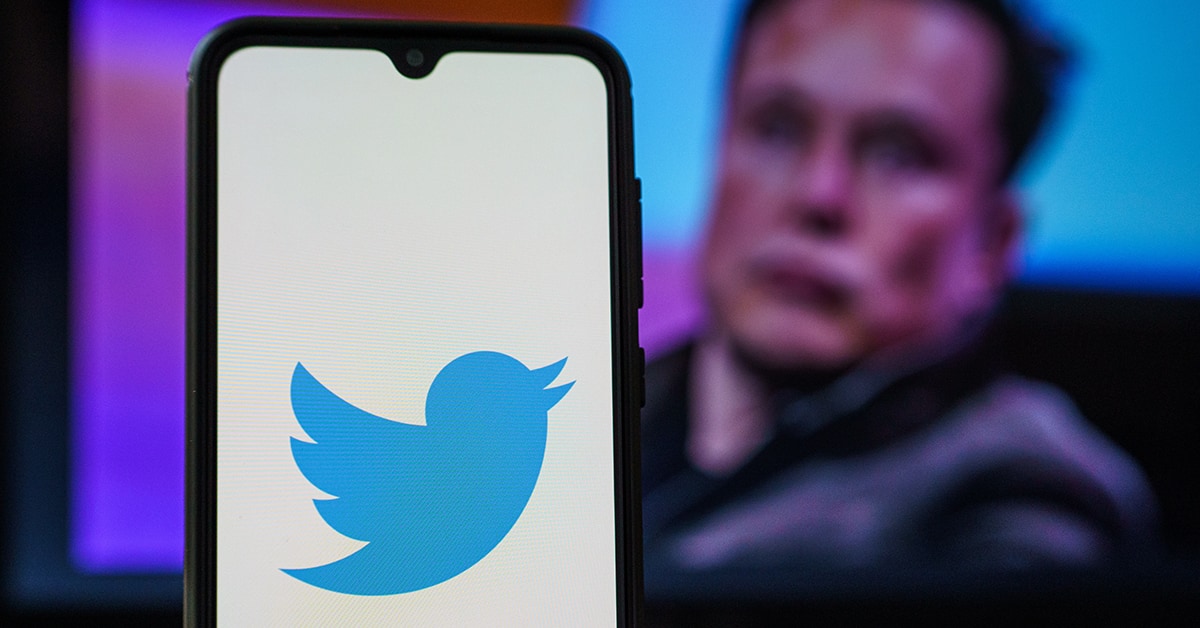ElonMusk’s plans to make Twitter an open forum for speech may be a double-edged sword.

Elon Musk’s controversial $44 billion hostile takeover of Twitter blindsided many, as the Tesla CEO ruthlessly sealed the deal and furthered his ambitions.
Backed by a financial plan that included $25.5 billion in debt commitments from Morgan Stanley—Musk’s lead advisor—at least nine other banks and about $21 billion covered by Musk himself, the bid crushed Twitter’s poison pill defense.
“Elon Musk views his involvement in Twitter as a user of the service as having been good for his other businesses and his persona or personal myth,” states Aron Solomon, head of strategy for Esquire Digital. “He seems to be far more serious than we all had anticipated.”
Musk says that the financial interests of Twitter board members don’t align well with a Musk takeover, suggesting that was at least part of their motivation for working so hard to thwart it.
Having beaten the board, the next set of hurdles will be regulatory issues—or possibly a strong competing bid. Still, Musk brings star power to the deal. “What Musk has going for him that other bids may not is his own personal ability to raise the price of Twitter shares, perhaps dramatically, through the acquisition,” Solomon says. “This is part of the allure of a Musk takeover—that the market would create a spike in the share price by Musk, rather than any other potential acquirer owning the company.”
Musk’s plans to make Twitter an open forum for speech may be a double-edged sword. “Twitter will surely lose users under Musk,” Solomon speculates, “but gain many others.”
In addition to looser moderation and new user-popular features such as an edit button, D.A. Davidson technology strategist Gil Luria says the biggest change would be making Twitter more innovative: “His other companies are not innovative only once, but rather continue to revolutionize their own markets; and that is what he can bring to Twitter.”



